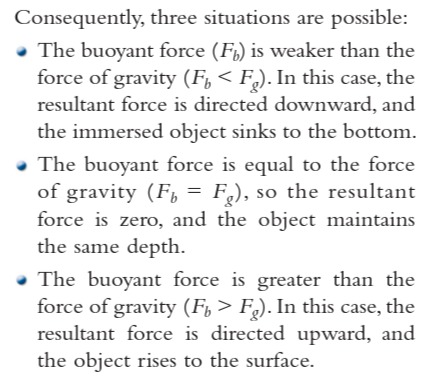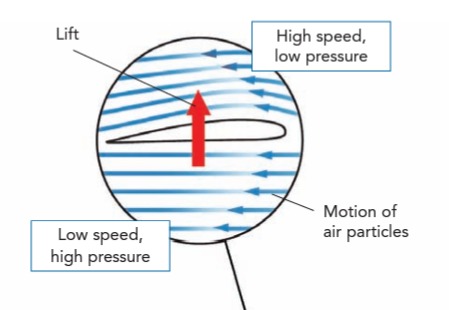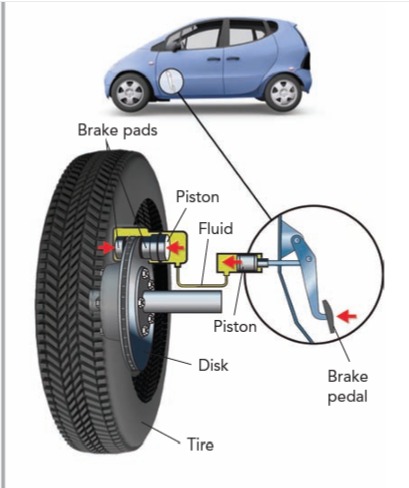fluids
0.0(0)
Card Sorting
1/10
There's no tags or description
Looks like no tags are added yet.
Last updated 12:10 AM on 5/7/23
Name | Mastery | Learn | Test | Matching | Spaced | Call with Kai |
|---|
No analytics yet
Send a link to your students to track their progress
11 Terms
1
New cards
Factors that affect pressure in a liquid are:
Depth and Density
Depth- Increased depth in the liquid-Increased pressure
Depth- Reduced depth in the liquid-Reduced pressure
Density-Higher liquid density-Higher pressure Density-Lower liquid density- Lower pressure
Depth- Increased depth in the liquid-Increased pressure
Depth- Reduced depth in the liquid-Reduced pressure
Density-Higher liquid density-Higher pressure Density-Lower liquid density- Lower pressure
2
New cards
Factors that affect pressure in a gas are:
Temperature, volume and the number of particles

3
New cards
Pascal’s principal
states that an increase in the pressure of an enclosed fluid is transmitted uniformly in all directions.
4
New cards
Archimedes principle
states that an object immersed in a fluid is subjected to a buoyant force equal to the weight of the fluid displaced by the object.
5
New cards
Bernoulli’s principle
states that the higher the speed of a fluid, the lower its pressure, and vice versa.
6
New cards
What happens to the object if the buoyant force is weaker than the force of gravity.
The object would sink.

7
New cards
Explain Bernoulli’s principle in plane.
Due to the shape of a wing, air particles that pass over it, where the surface is curved, are forced to move more rapidly than those that pass below the wing, where the surface is flat. The pressure is thus greater below the wing than above, and the wing is subjected to an upward force called lift.

8
New cards
Explain Pascals principle in brakes
When a driver steps on the brake pedal, the pressure from his or her foot is transmitted through the brake fluid to the pads, which, in turn, act on the disks. Force is thus transmitted across a distance.

9
New cards
How can the volume of a solid can be calculated?
It can be calculated by measuring the volume of water the solid displaced when it was put in the liquid.
10
New cards
What is a buoyancy force and how does it work?
Buoyancy is an upward force in water that is created by the pressure in a liquid, and it increases with depth.
11
New cards
True of false-
The quantity of the buoyant force is not equal to the weight of the fluid displaced by the immersed object.
The quantity of the buoyant force is not equal to the weight of the fluid displaced by the immersed object.
false